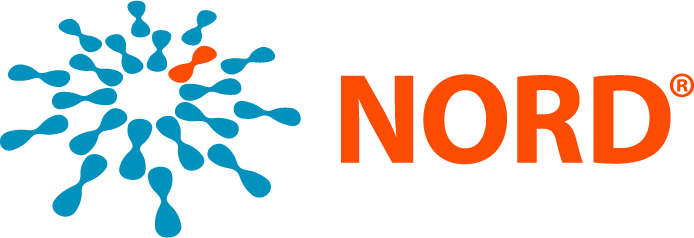Jul. 30, 2015
TOPIC: Advocacy
NORD Files Amicus Brief to Protect Drug Development Incentives in the Orphan Drug Act
Posted by Jennifer Huron
Washington, D.C., July 30, 2015 – The National Organization for Rare Disorders (NORD) has filed an amicus brief in the D.C. Circuit of the U.S. Court of Appeals, stating that a recent Food and Drug Administration (FDA) decision has the potential to impede the development of new treatments to help patients with rare diseases. NORD is the leading independent, nonprofit organization committed to the identification, treatment, and cures of rare diseases.
NORD President and CEO Peter L. Saltonstall stated, “We respectfully request the U.S. Court of Appeals to reverse the lower court’s decision, which used the principle of ‘willful blindness’ to erroneously support the approval of a generic drug that utilized the dosage form of a second orphan-protected indication of the same drug. Approval should have been limited to the dosage form of the first now-unprotected indication.”
He continued: “Patient groups, parents, caregivers, researchers, and doctors work tirelessly to improve life and health for people with rare diseases, and we need policies at the highest level, as reflected in the Orphan Drug Act (ODA), to encourage drug development for this large unmet medical need. Preserving the integrity of the ODA is one of NORD’s most important responsibilities on behalf of our members.”
In its amicus brief in the case of Spectrum vs. Burwell, NORD said that “where FDA policy, information in its files, or decisions the agency has made, either confirm or imply intent to usurp an exclusive indication, then FDA should take it into consideration what they know. They should not be able to engage in ‘willful blindness’ and ignore some distinguishing characteristics that separate a protected second indication from an unprotected first indication. In this case, an ANDA should be limited to the original ‘no longer protected’ labeling and the physical characteristics of the original orphan product. Allowing marketing beyond that undercuts the ODA.”
NORD’s founders played an active role in the 1983 passage of the Orphan Drug Act (ODA) under which there are three major provisions to spur the development of orphan drugs: the Orphan Drug Grant Program, the Orphan Drug Tax Credit, and market exclusivity.
Citing the Office of Inspector General of the Department of Health & Human Services, NORD said in its amicus brief that the 7-year market exclusivity has been the most effective of the incentives for spurring orphan drug development, providing the opportunity for manufacturers to recover their initial investments in research and development (estimated to be between $1.5 and $2.6 billion) for new orphan therapies. In this case, the approval of the generic drug was contrary to the intent of the law by undermining the exclusivity.
According to the National Institutes of Health, there are approximately 7,000 rare diseases that affect 30 million Americans, or one in 10 people in the U.S. The vast majority of rare diseases have no FDA-approved treatment. Two-thirds of rare disease patients are children.
“NORD’s goal is to help rare disease patients by facilitating and accelerating the development of safe, effective treatments whenever possible,” added Saltonstall. “While we disagree with the FDA in this situation, we look forward to continuing our constructive relationship with the FDA.”
###
About National Organization for Rare Disorders (NORD)
The National Organization for Rare Disorders (NORD), established in 1983 by parents and families of rare disease patients, is the leading, independent nonprofit organization representing all patients and families affected by rare diseases in the U.S. NORD provides programs of advocacy, education, research and patient/family services to improve the lives of all people living with rare diseases. NORD represents more than 230 disease-specific member organizations and partners with many other organizations in specific causes of importance to the rare disease patient community. Follow NORD at www.rarediseases.org/ and on Twitter at @RareDiseases.
Media Contact:
Jennifer Huron, [email protected], 203.304.7258
Attachments: Amicus Brief













